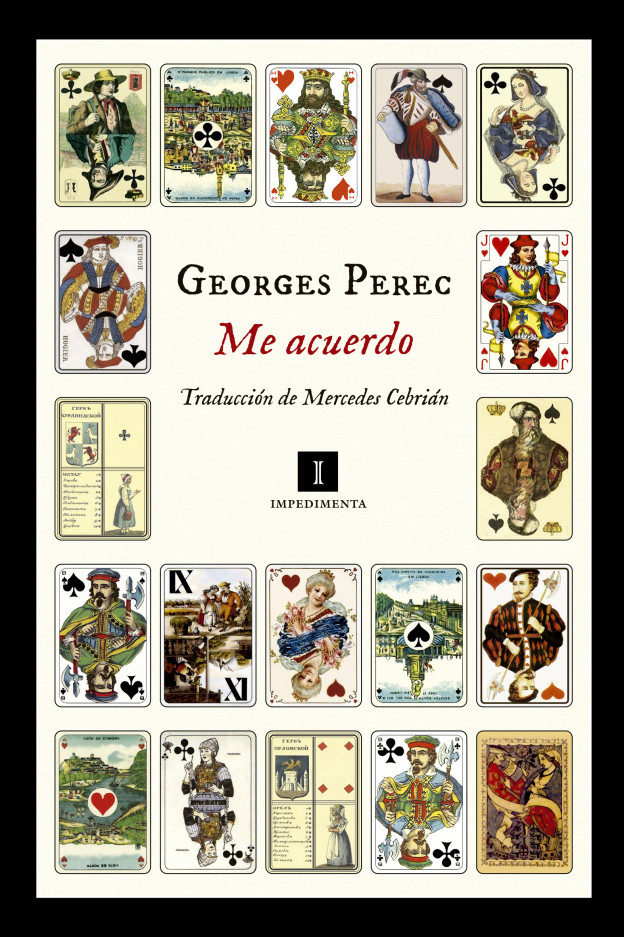Book's title: Una casa vacia Carlos Cerda. Library of Congress Control Number: 96227199. International Standard Book Number (ISBN):,. Cataloging Source: DLC, DLC GZM NOC. Library of Congress Call Number: PQ8098.13.E668 C37 1996. Personal Name: Cerda, Carlos. Twitter Auto Follower Bot Free Download 2012. Edition Statement: 1.

The Latin American Literary Review is looking forward to a new chapter in its history, where open-access will make our authors more widely available to a greater readership throughout the world, and the possibilities of a net-based journal open opportunities for richer content that we are only beginning to explore. Download pdf book by Carlos Cerda - Free eBooks.
To: Apply Campus • UC Berkeley (6) • UC Davis (0) • UC Irvine (0) • UCLA (2) • UC Merced (0) • UC Riverside (1) • UC San Diego (3) • UCSF (0) • UC Santa Barbara (0) • UC Santa Cruz (1) • UC Office of the President (0) • Lawrence Berkeley National Laboratory (0) • UC Agriculture & Natural Resources (0) Department • Berkeley Program in Law and Economics (1) • Center for Global, International and Regional Studies (1) • Spanish and Portuguese (1) Journal • Lucero (1) Discipline • Arts and Humanities (2) • Social and Behavioral Sciences (1) Reuse License Search Scholarly Works (13 results). This dissertation project analyzes the different ways that, over time, gendered images, metaphors and hagiographical examples were used in sermons and other documents that the Church approved for publication (that is, what I am calling official Church discourses) to help it negotiate challenges to its cultural and ideological hegemony. I argue that beginning in the seventeenth century and continuing into the first half of the eighteenth preachers utilized the discursive openness of the Baroque in New Spain to articulate surprisingly flexible visions of gender. For example, some preachers portrayed exceptional, saintly women as 'manly,' while others did not hesitate to describe how some men took on motherly, nurturing roles. As part of a larger Baroque aesthetic in which opposites and excesses were celebrated, unusual gendered language and associations provided a way for prelates to engage their audiences even while upholding, albeit paradoxically, received conventions. As 'enlightened' ideas began to penetrate New Spain in the later part of the century, however, preachers' visions of gender evolved according to the prevailing reformist spirit.

As with church architecture, paintings and other media, so also in sermons those stylistic elements which had formerly displayed the Baroque spirit were increasingly jettisoned in favor of new, more austere features, resulting, in the case of sermons, in less flexibility in how men and women were portrayed. While women could to an extent still aspire to imitate virtues associated with men, preachers' language about men grew significantly more masculinized and even militarized, often at the service of promoting the needs and interests of the Crown.
Poison Idea Early Years Rarest. Ciara And I Mp3 Download Waptrick Movies there. Then, in the years preceding independence (1821), preaching once again changed course as the implications of some of the earlier changes grew clearer. Where reformers had promoted obedience to secular authorities and a close church-state alliance, later prelates became alarmed as the Crown began to chip away at traditional Church privileges and rational, sometimes even secular ideas and trends took hold in New Spain with a tenacity beyond the Church's ability to control. As a result, the high clergy responded by promoting moral renewal and reinvigorated obedience to 'legitimate' authorities, by whom they often meant God, not the now-unreliable Crown. Women were the particular targets of clerical admonishments, not because they had strayed more than men, but because women, in a patriarchal society that emphasized female obedience, symbolized the dangers of excessive freedom.
In the wake of independence and the struggles that followed it, however, it became clearer that not every church-state battle could be won, and preachers turned increasingly to women as idealized members of 'the devout sex,' charged with fomenting devotion and moral virtue among their contemporaries, both female and male. Put another way, liberals after independence were not the only ones to assert a kind of 'republican motherhood': preachers countered with a vision of 'Catholic motherhood' that had great resonance in Mexico even into the twentieth century. This dissertation offers contributions to the history of the Catholic Church in Mexico, suggesting some of the ways that the institution sought to strengthen and perpetuate its traditionally prominent role in Mexican society.